-
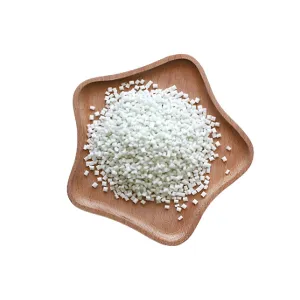 Food Preservative Calcium Propionate Granular (E282)
Food Preservative Calcium Propionate Granular (E282) -
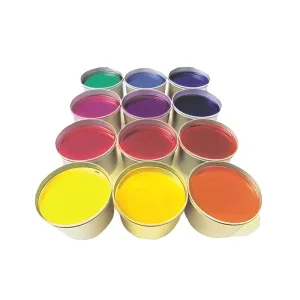 Environmental friendly waterborne industrial color paste
Environmental friendly waterborne industrial color paste -
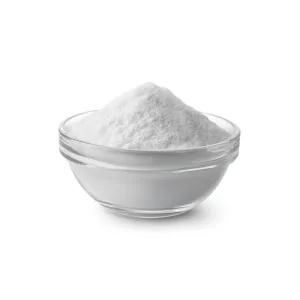 Dry ground sericite mica powder 1250 mesh
Dry ground sericite mica powder 1250 mesh -
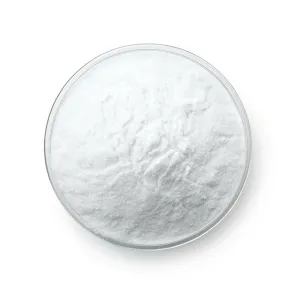 Yili Chemical PVC resin PVC SG-5
Yili Chemical PVC resin PVC SG-5 -
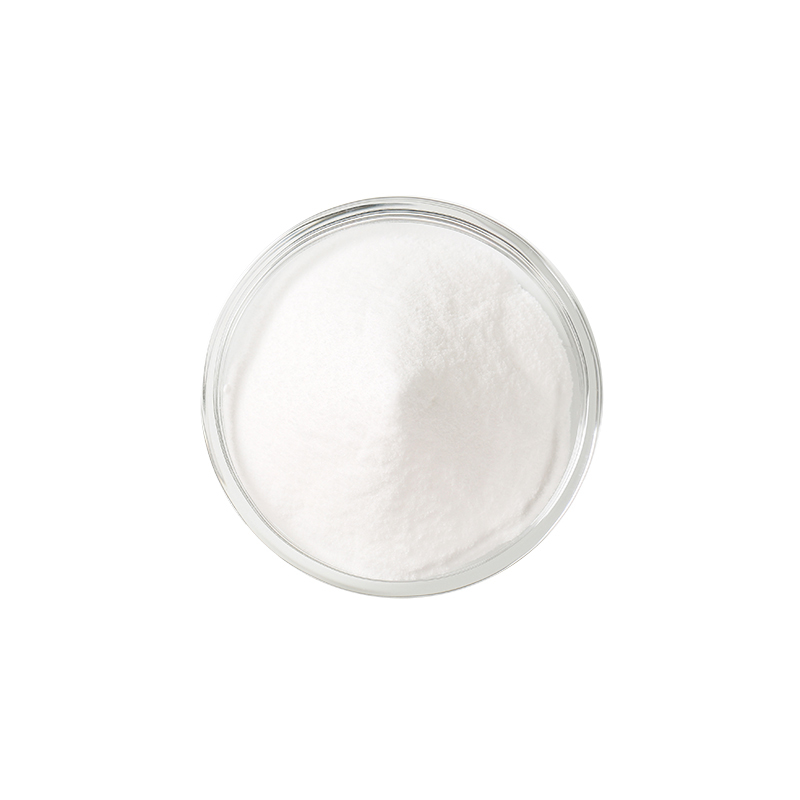 Redispersible Polymer Powder 1050(12%)
Redispersible Polymer Powder 1050(12%) -
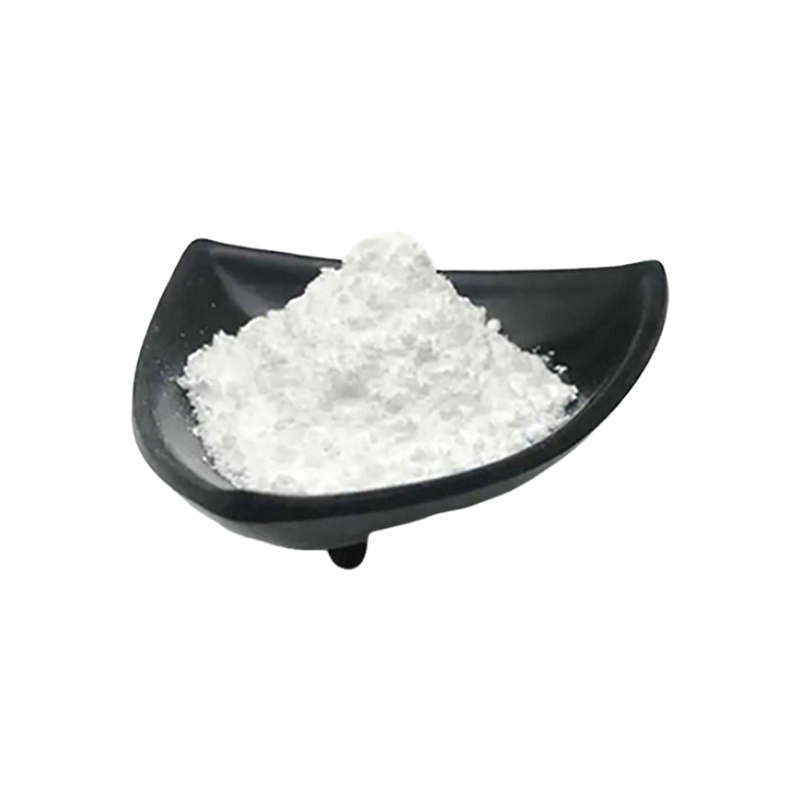 Sodium acetate anhydrous 99% White powder
Sodium acetate anhydrous 99% White powder -
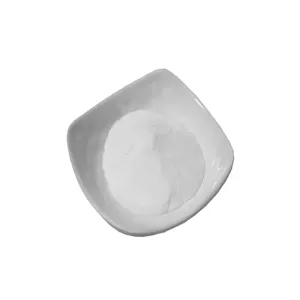 Natural High Gloss Barium Sulfate TX-812
Natural High Gloss Barium Sulfate TX-812
Q
what are adapted vehicles
[PistonPulse]: Celebrating engineering excellence and industrial innovations. Bringing thought-leadership insights from the best in the business.
Yes, the U.S. federal government provides a tax credit for new plug-in hybrid vehicles purchased for use in the U.S. The amount of the credit ranges from $2,500 to $7,500, based on the capacity of the battery used to power the vehicle. However, this tax credit begins to phase out once a manufacturer has sold 200,000 eligible vehicles in the U.S. Be sure to verify the current status of this credit, as governmental policies and regulations often change.
You May Like
Titanium dioxide is not considered to be toxic or poisonous when used properly. It is generally recognized as safe by the Food and Drug Administration and is used in many products including food, cosmetics, and sunscreens. However, there is some controversy surrounding its safety when inhaled in large amounts, such as in occupational settings, due to its possible links to respiratory issues but research is ongoing. Therefore, while it is not classified as poisonous, caution should be exercised when handling in large quantities.
The article is too short. don't waste resources.
Polypropylene (PP) is a notoriously difficult material to bond due to its low surface energy. Traditional adhesives often fail to properly adhere to PP. However, there are specially formulated adhesives designed for plastics like polypropylene. Cyanoacrylate adhesives (super glue) can be effective for small repairs, but their bond can be brittle. For a stronger, more flexible bond, two-component epoxies specifically designed for polypropylene or plastic-specific adhesives containing MMA (methyl methacrylate) are recommended. Surface pretreatment with a plasma or corona treatment can significantly improve adhesion, but these methods are more complex and typically used in industrial applications. For DIY projects, using an adhesion promoter or primer designed for polypropylene before applying the adhesive can also enhance bond strength. Always follow the manufacturer’s instructions for the best results.
You May Like
Q&A
- •how to change pvc pipe
- •polypropylene vs petg
- •is there bpa in polypropylene
- •temperature titanium melts
- •titanium description
Popular Information
- •ALPLA acquires Polish packaging manufacturer APON
- •OxyChem shuts down manufacturing facility in Niagara
- •The Domestic Caustic Soda Market Was Overall Stable on December 23
- •Lubrizol and Grasim break ground on world’s largest CPVC resin plant
- •Vinnolit plans expansion of its chlorine and VCM capacity











